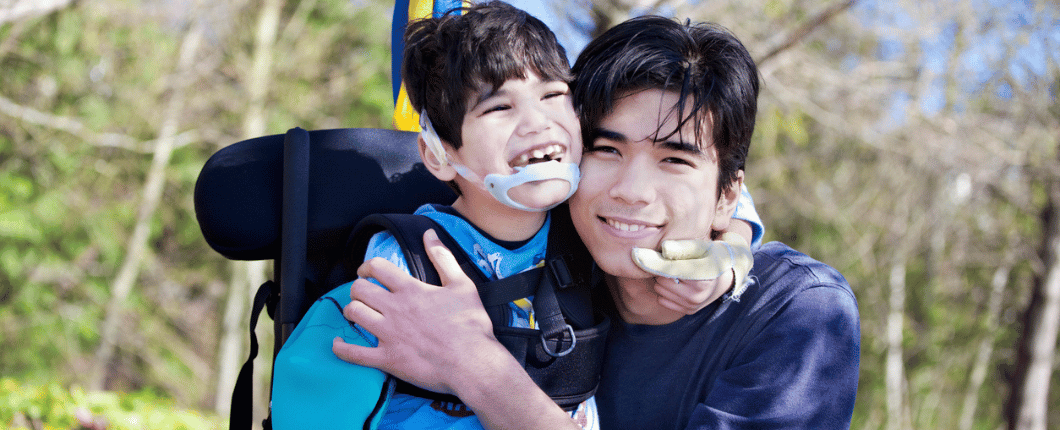Top ranked cerebral palsy claims lawyers

Boyes Turner’s cerebral palsy claims specialists have secured a £14.6 million* equivalent settlement for a young man with cerebral palsy. His brain was damaged by lack of oxygen when maternity staff gave his mother too much of the uterine stimulant, Syntocinon, causing hyperstimulation of his mother’s uterus during her labour leading up to his birth.
Hyperstimulation of his mother’s uterus from excess Syntocinon
Late in pregnancy our client’s mother was admitted to hospital after her waters had broken the previous day. Her blood pressure, temperature, pulse and urine were checked, and a CTG of the unborn baby’s heart rate indicated that the fetal heart rate was normal. She stayed in hospital overnight. The next morning she was given a prostin pessary to augment (encourage and speed up) labour.
That evening, the fetal heart rate was monitored again. Our client’s mother was given an epidural for pain relief and a Syntocinon (oxytocin) drip was set up to stimulate uterine contractions. Syntocinon is a powerful uterine stimulant. It must always be given with care as too much can lead to serious, life-threatening complications for the mother and baby, including uterine rupture or fetal ‘distress’ and brain injury. Syntocinon is given by drip in very small doses, which may be gradually increased or quickly reduced or turned off depending on its effect on the mother and baby. Whilst Syntocinon is being given, the baby’s heart rate and the mother’s condition must be carefully monitored. In this case, the dose was repeatedly increased over 2.5 hours, even after the labour had reached the second stage and maternal pushing had begun.
Baby born in poor condition from lack of oxygen
Our client was born in very poor condition. His APGAR scores were low. He was suffering from oxygen deprivation and needed resuscitation. He was transferred to the neonatal intensive care unit (NICU) for ventilation. He suffered seizures (fits) and multi-organ failure. An MRI brain scan later revealed that he had suffered an acute, profound asphyxia (short but severe period of lack of oxygen) around the time of birth.
He now has four-limb dystonic cerebral palsy with impaired intellect, language and communication and motor coordination. His disability has affected his education and he will not be able to take up paid employment. He needs help with self-care and is dependent on others for many aspects of daily life. His brain injury affects his behaviour, which makes him vulnerable. He is not able to live independently and needs a high level of specialist brain injury care, as well as emotional and neuropsychological support. In addition to specialist care, our client will need adapted accommodation, mobility aids and an adapted vehicle, therapies and ongoing case management.
Making a cerebral palsy compensation claim
Our client was already a teenager when his family approached us for help. Our cerebral palsy birth injury specialists pursued a claim against the hospital, which admitted responsibility for our client’s injuries and made a formal apology.
We obtained a liability (fault) judgment against the hospital which allowed us to secure an early interim payment of £100,000 to meet the family’s immediate needs arising from their son’s disability. After fully assessing our client’s lifelong needs, settlement was reached during a meeting with the defendant hospital’s legal representatives. The settlement provides our client with a lump sum of £5.1 million plus guaranteed lifelong payments rising to £174,000 per year to meet the significant costs of our client’s specialist care.
The court approved the settlement, which included a significant sum to reflect the selfless dedication and past care provided by our client’s parents. Our client has the benefit of Court of Protection deputyship and his own and his family’s privacy is protected by an anonymity order.
* capitalised equivalent
If you are caring for a child with cerebral palsy or neurological disability which was caused by medical negligence, and would like to find out more about making a claim, you can talk to one of our solicitors, free and confidentially, by contacting us here.
They have a great deal of knowledge and expertise, and client care seems to be their top priority.
Chambers Guide to the Legal Profession
Contact our expert Cerebral Palsy solicitors today for support with your claim

